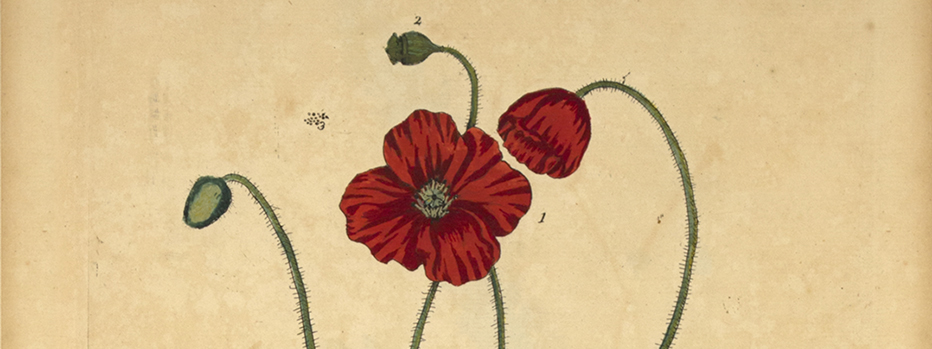“Critique needs friction or a kind of dialogue. Existing reality must be confronted with strangeness and the historically different can assume the function of this counterpart, meaning present and past must continuously be set in relation to each other”.
This quote comes from a recent paper by Thomas Foth, Jette Lange and Kylie Smith in the journal Nursing Philosophy, and refers to the work of critical history in challenging professions to think more deeply about the way we engage with present-day challenges.
In physiotherapy, there are any number of challenges that have historical roots, and by contrasting the conditions we’re experiencing today with those of former times, can give us new insights that might not otherwise have been possible.
This point came home to me this week in mourning the death of a great and controversial figure in physiotherapy in New Zealand.
Dr Margaret Moon was perhaps one of our first doctorates, and the first physiotherapists to really recognise the value of psychology in the physical management of people with chronic pain. She published a number of books, including Pain Poppies (Moon 2003) which is now sadly out of print but explores the way people in pain construct meaning out of their suffering. Her approach was deeply rooted in critical social psychology, and her ideas were radical.
She bemused psychologist and physiotherapists alike because they couldn’t decide which profession she actually belonged to, and she fought a lengthy legal case to protect her right to practice across both fields. In the end, of course, she belonged with both, and I used to tell her that I thought that made her the first “phy-psy-o”.
Today physiotherapists are once again deeply interested in the psychology of long-term pain and exploring all manner of cognitive, behavioural and social psychological approaches to practice. It would be instructive if some of these more recent converts to “phs-psy-o” read more of Margaret’s work.
She really was a critical pioneer and radical thinker in the profession and will be sorely missed.
References
Foth T, Lange J, Smith K. (2018). Nursing history as philosophy—towards a critical history of nursing. Nursing Philosophy, 19:e12210. doi.org/10.1111/nup.12210.
Moon, M. (2003). Pain poppies: The human ecology of chronic pain. Lyttelton: Im-press Promotions Lyttelton.

